incl. VAT plus shipping costs
Immediate delivery, express possible ![]()
More than 20 Articles in stock
Delivery only innh. Germany and Austria possible.
Switch to the German store
- Item no: 11209
Fast delivery times
All products are in stock with us!14 years of breeding experience
Let our team of experts advise you!High customer satisfaction
from over 3,000 reviews "| Water values: | soft to medium hard |
| Diet: | omnivorous - omnivorous |
| Temperature: | 18-28 °C |
| Feature: | interesting brood care |
| Fish group: | Carps |
| Aquarium size: | 54 l (approx. 60cm) |
| Breeding: | simply |
| with dwarf crabs?: | conditional* (see description) |
| with shrimps?: | with dwarf shrimp, offspring may be eaten |
| Visual effect: | Especially colorful |
| Origin: | Asia |
| Planting possible?: | Yes |
| with snails/shells?: | Yes |
| Final size: | 4-8 cm |
| Difficulty: | 1 - Simple |
| Behavior: | Normal |
| with large crabs?: | No |
| with fish?: | conditional* (see description) |
| Pelvic region: | Center |
| with crabs?: | No |
For some time now, medakas have enjoyed a large fan community. The horned pike are counted among the rice fishes and are also known as rice carps. Scientifically known as Oryzias latipes, they play a very important role in research and biomedicine as "swimming laboratory rats" and are by far the most researched of all aquarium fishes. They are endemic to Japan, where they serve a centuries-old tradition, but they are also at home in China, Korea, Vietnam, Laos and Taiwan. The current "medaka boom" in Germany has only been going on for about 10 years, but since then it has found quite a few followers. The very easy to keep and to breed medaka are also very recommendable for beginners in aquaristics, because the animals are quite undemanding and flexible and can be crossbred and mated very easily.
Medacas are now available in many different color varieties. Medacas have an elongated narrow body with a light or silver ground color. The dorsal fin is set far back. Our Medakas have pretty yellow fins. Striking is the very large and iridescent eye, which already indicates their behavior as surface predators. Accordingly, their mouth is also superficial. In their habitat, medacas mainly stay on the water surface and feed on approaching insects such as mosquitoes, water striders, but also other microorganisms.
Male medaka can be distinguished from females by their sail-shaped anal fin and a distinct notch in the dorsal fin. In contrast, females have much smaller and rounder fins, and sometimes their spawning papilla is clearly visible. In the aquarium or also in the mini pond Medakas can be bred without problems. Spawning takes place mainly shortly after sunrise. The female forms egg clusters, which she carries under her belly. The male fertilizes the female from the outside by wrapping himself around her with his anal fin while mating. These egg packs can contain up to 30 eggs, and the female later sticks them to fine aquatic plants or alternatively to artificial spawning substrates. Especially floating plants with longer roots are suitable. The eggs are transparent, so that the embryonic development can be easily observed. Separate rearing is not absolutely necessary, but it increases the fry rate. The young feed on their yolk sac in the beginning and should then be fed with very small live food or zoo- and phytoplankton, infusoria but also spirulina.
Even if the Medaka enjoys great popularity in its home country as a "vase fish" and "beautifies" terraces and verandas there decoratively in terracotta tubs, an aquarium or a mini pond of 54 liters or more should be offered to it for species-appropriate keeping, since the animals are quite active. They can cope with almost all conditions and can be kept in anything from a spartan tank to a high-tech aquascape, although they naturally prefer richly planted tanks. The outdoor-keeping especially thanks to natural sunlight intensifies the colors of the medaka, in the aquarium-keeping the animals also age a little faster. Medacas are also very trusting companions, which quickly become tame.
They can besocialized without any problems with all other peaceful tetras, danios or carps that can cope with their water parameters. Also well reproducing dwarf shrimp species such as the Red Fire will fit nicely into his aquarium, but it can happen that a cheeky shrimp baby is eaten, so in this case attention should be paid to a clear dense planting and retreat possibilities in the form of caves.
The omnivorous medaka will eat practically anything that fits into its mouth. Prefer thereby naturally animal food such as Cyclops, Daphnia or Artemia. Also commercial flake or dry food is accepted, if it floats for a longer time on the water surface. With Spirulina or other Phytoplankton its menu can be spiced up.
Our food recommendation: Behind the NatureHolic main feed flake is a flake food for all fans of classic fish feeding. Like the main feed granules, the flake version of our NatureHolic main feed is perfectly matched for all aquarium fish and offers a carefully selected mixture of valuable raw materials in an optimal nutrient composition, with proteins, minerals and trace elements for a complete diet and a long, healthy fish life.
Our plant recommendation: Use for planting NatureHolic InVitros. These are free of snails, planaria and other unwanted co-inhabitants. Also free of algae spores, bacteria and fungi.
Expert Tip: We recommend for fish keeping the NatureHolic 3 Phase Liquid. The care set offers the best all-round protection for your animals. It ensures optimal conditions for successful breeding and keeping.
| Scientific name: | Oryzias laticeps |
| German name: | Medaka rice carp |
| Difficulty level: | for beginners |
| Origin/Distribution: | Japan, Korea, Vietnam, China |
| Coloration: | light to yellow ground color. Male with sail-shaped anal fin. Female has rounded smaller fins and distinct spawning papilla in places. |
| Age expectancy | 2-3 years approx |
| Water parameters: | GH 10-25, KH 2-10, pH 6.0-8, temperature 4-34° C |
| Tank size: | from 54 l |
| Food | Omnivorous; floating dry food, zoo and phytoplankton, very fine live and frozen food, such as mosquito larvae, Artemia, Daphnia |
| Breeding | easy |
| Behavior | very peaceful |
| Group size | Groups of at least 10 animals |
| Further information | Ten typical aquarium fish for beginners and alternatives to them, Tips for acclimating fish to the aquarium, Feeding aquarium fish properly - cheap food and what it can do |
- Item no: 11209
Entdecke die Garnelio Welt!
Garnelio gehört zu den größten Onlineshops für wirbellose Aquarientiere weltweit.
Viele Artikel gibt es exklusiv nur bei uns im Shop.

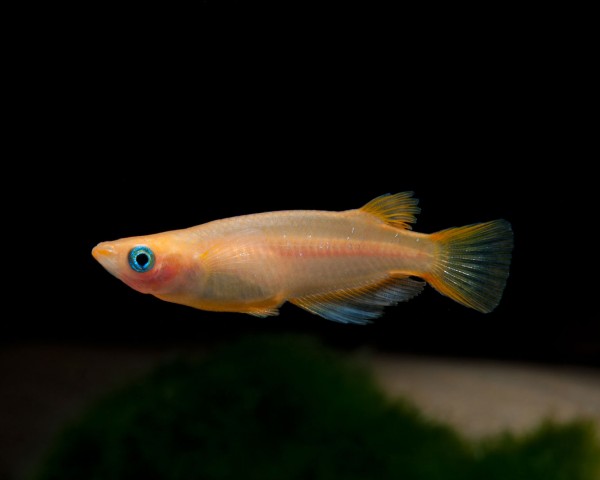

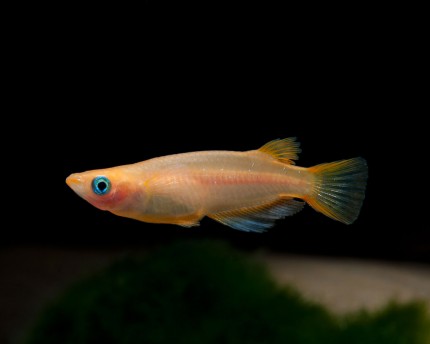
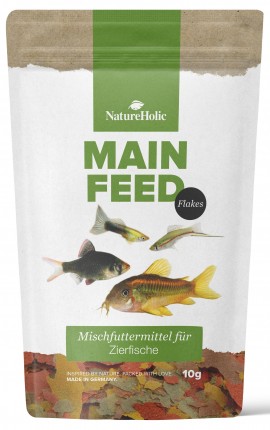
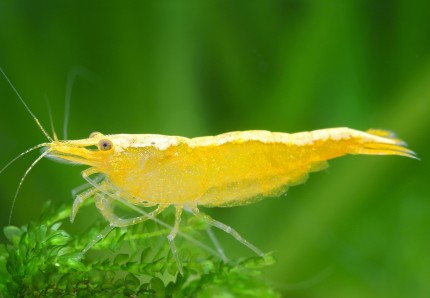

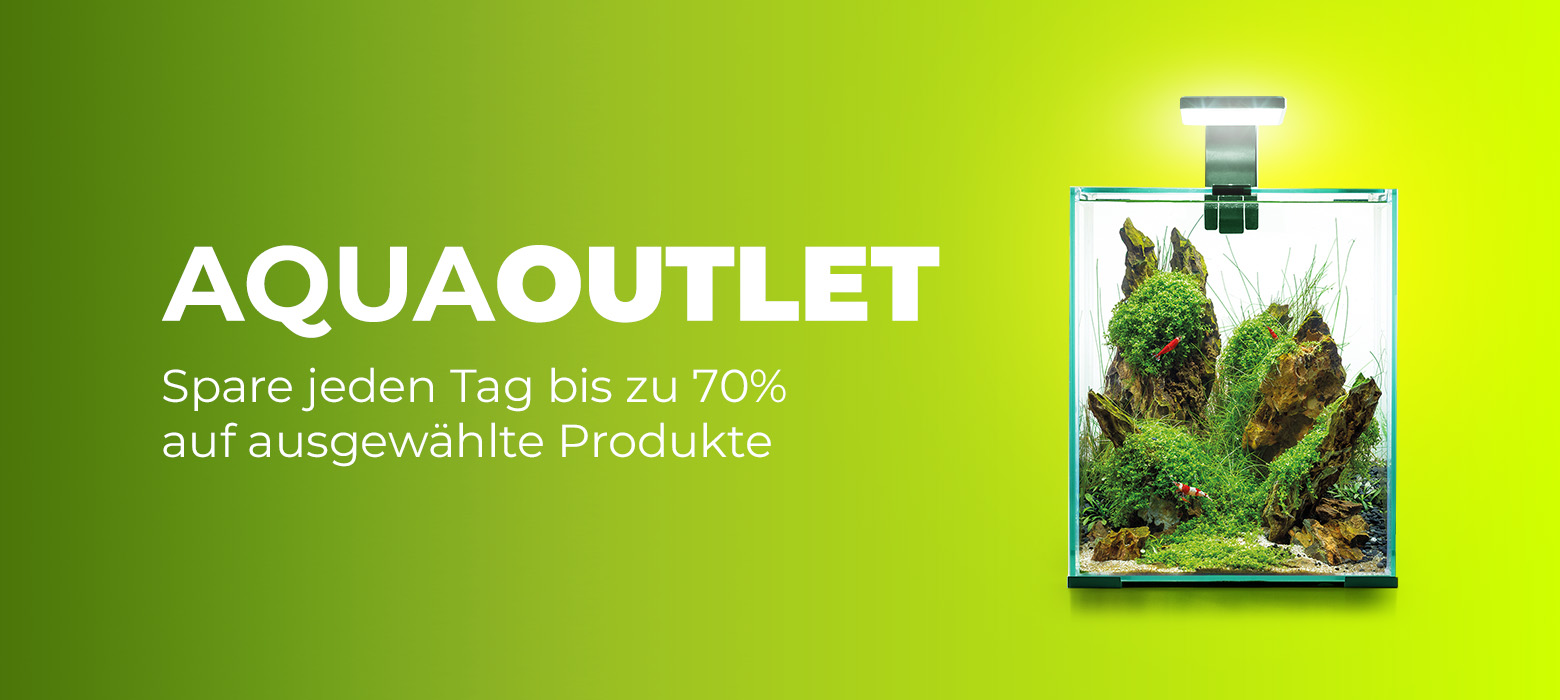



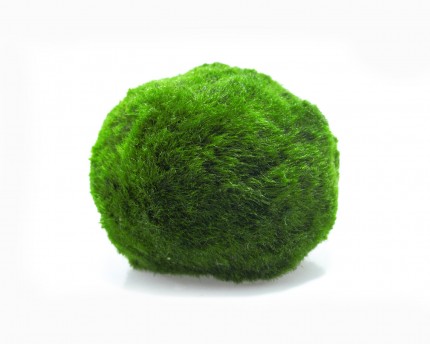
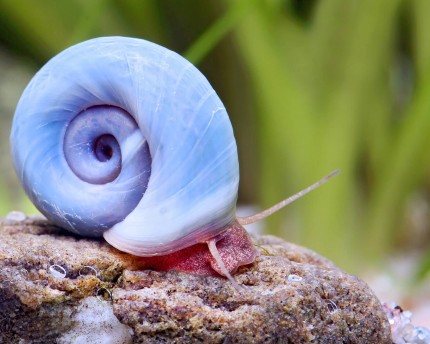
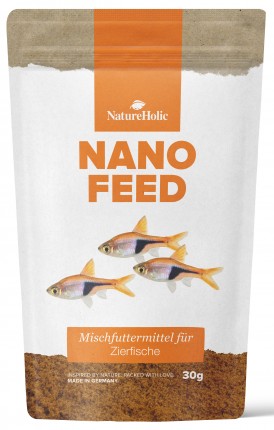
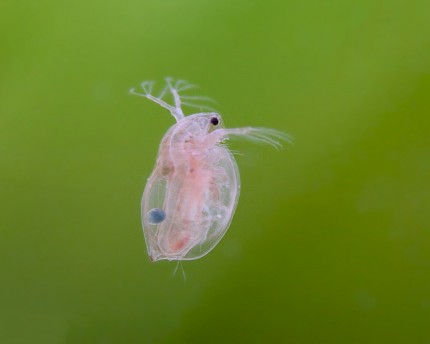
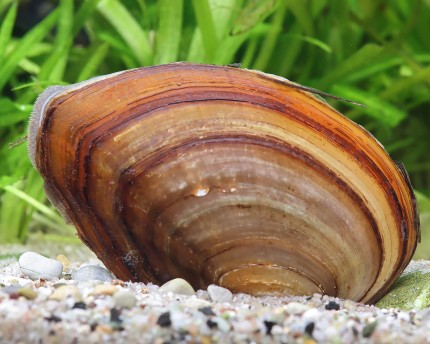
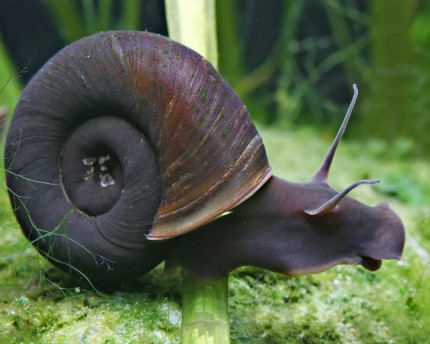
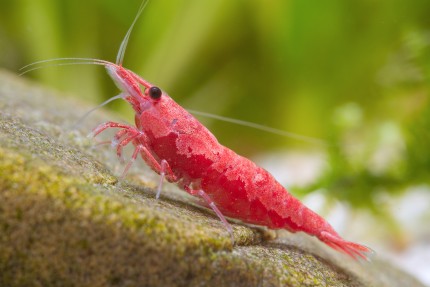
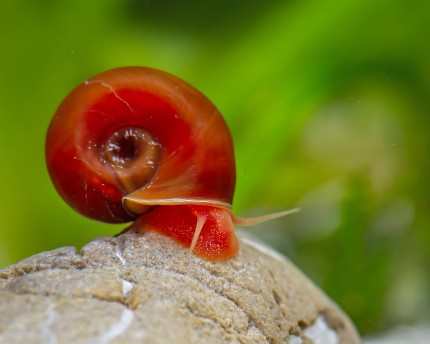
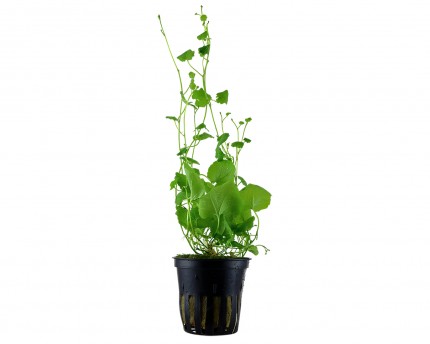
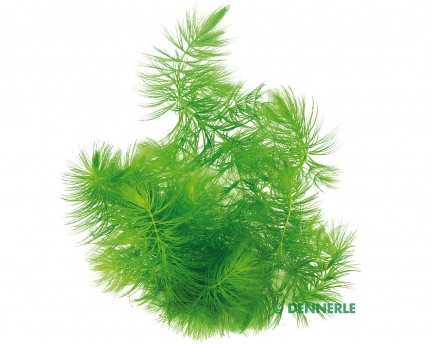
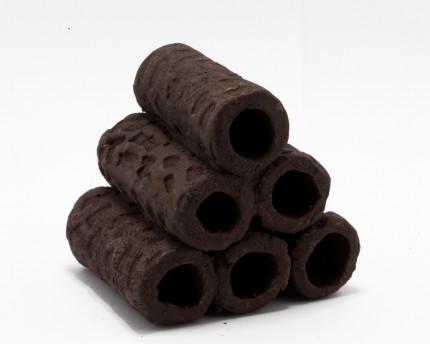
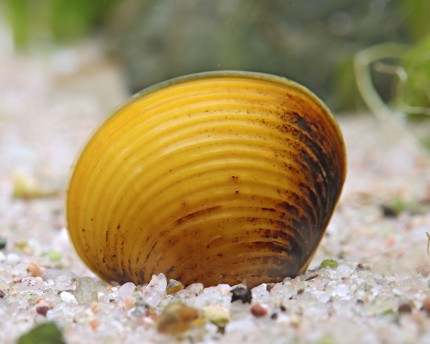
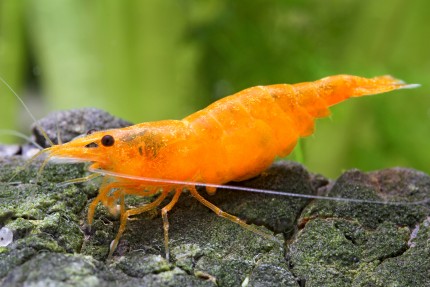
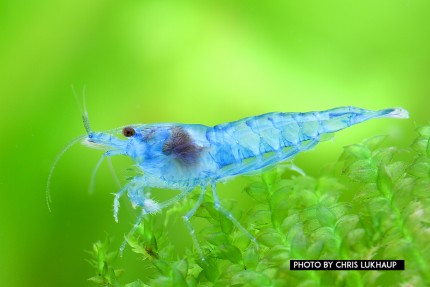
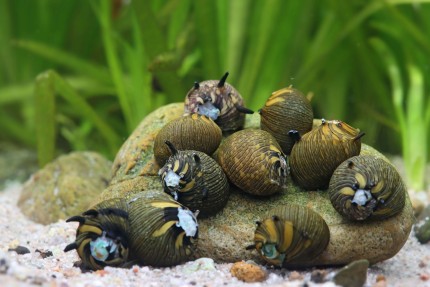
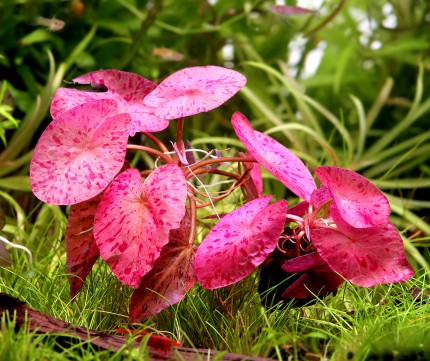
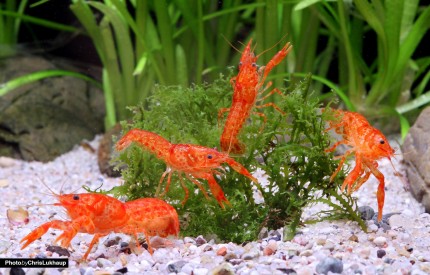
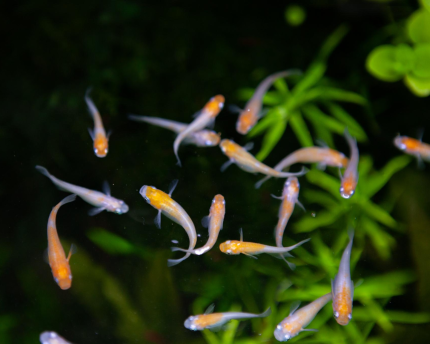
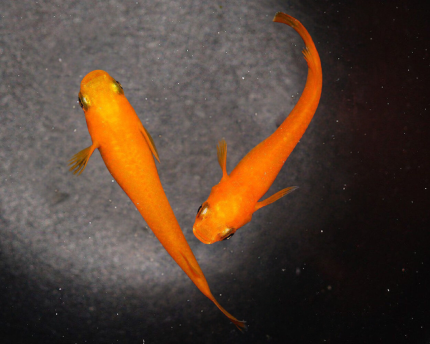

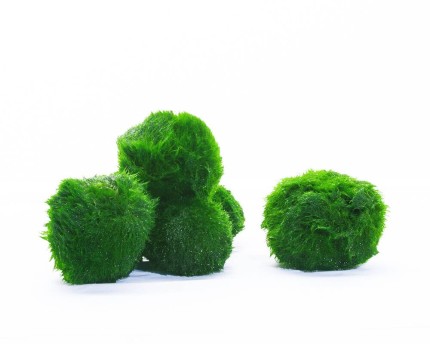
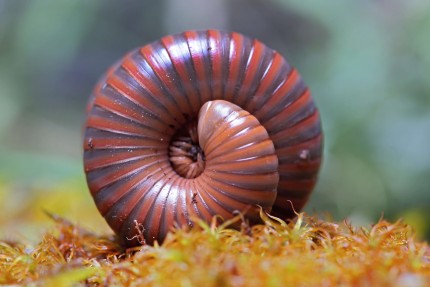
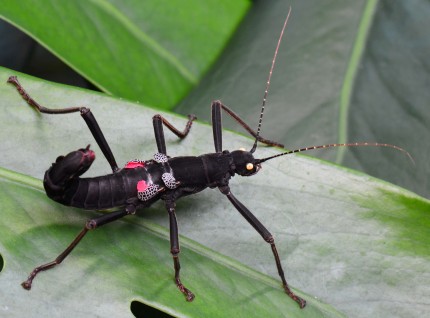
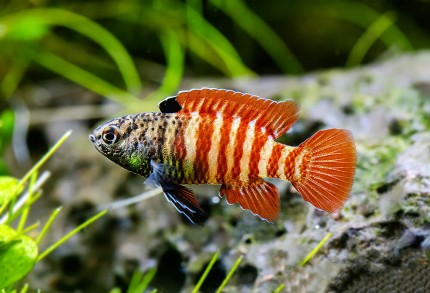
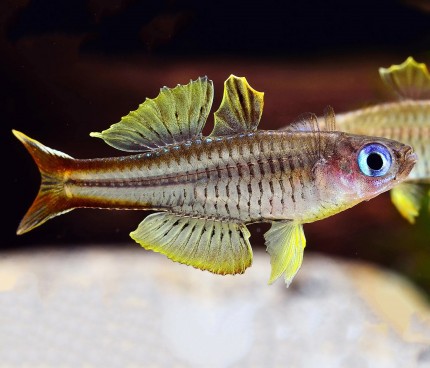
The fields marked with * are required.
I have taken note of the privacy policy.